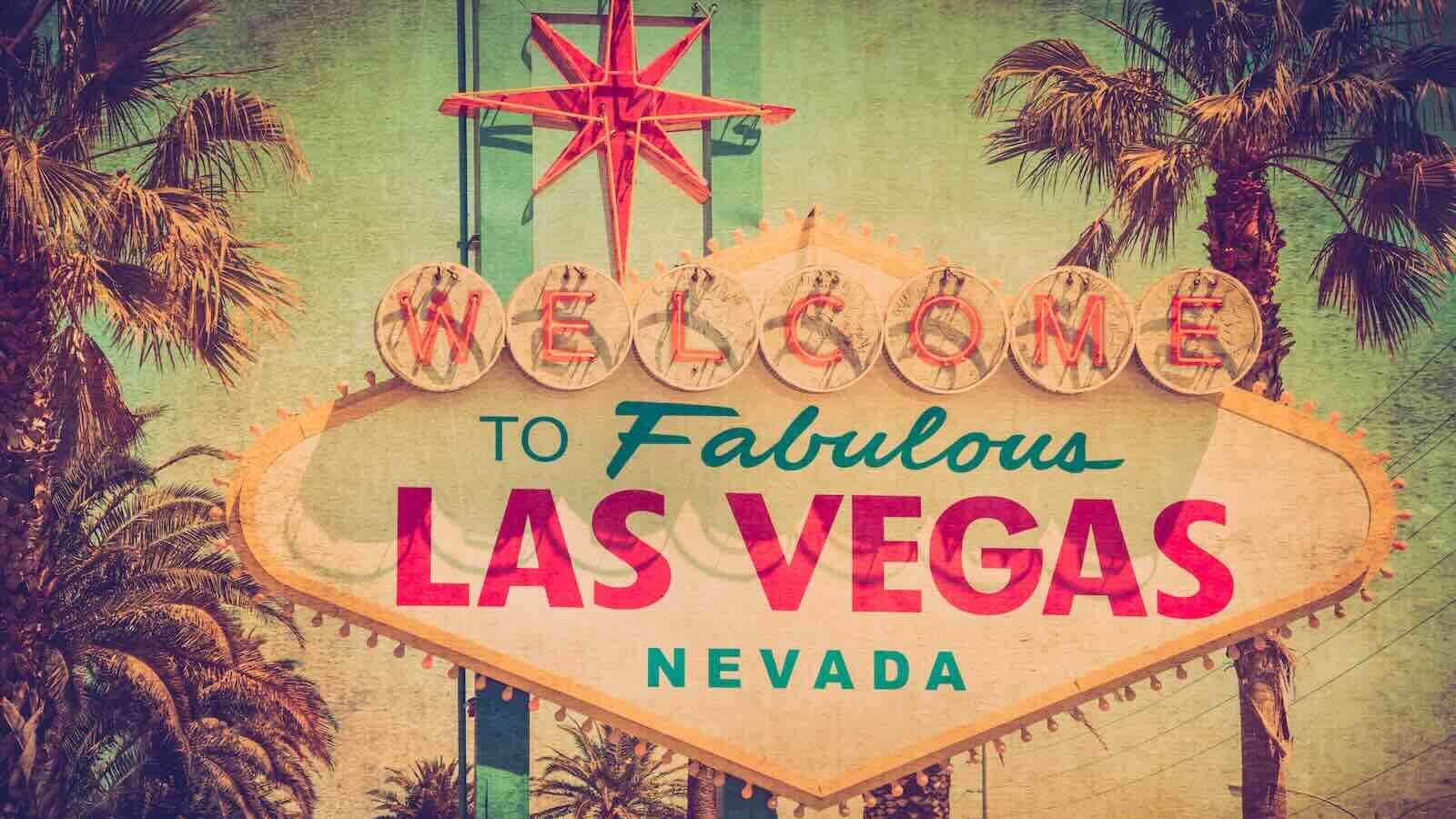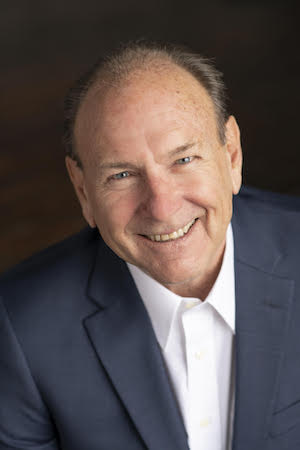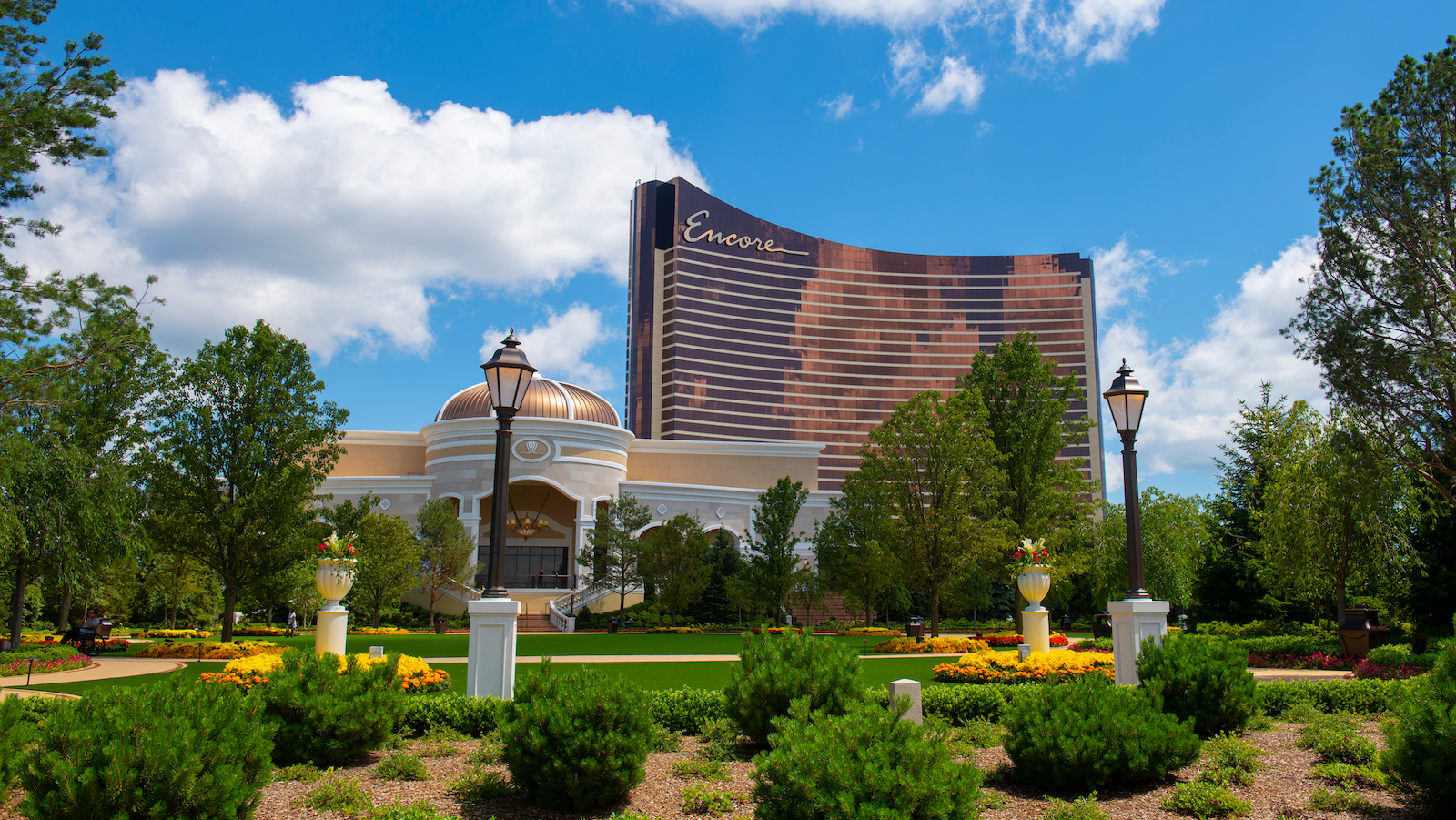Schuetz: Las Vegas Appears To Be Welcoming Back Organized Crime, Felons, Money Laundering, And California’s Bookies
Bugsy & Moe would be proud as Sin City is returning to its roots
5 min

A fair portion of my life has been spent involved in gaming regulation. In the mid-1970s, I embarked on an effort to write a Ph.D. dissertation in economics on the evolution of gaming regulation in Nevada from 1945 to 1966.
In 1945, the Nevada Tax Commission handled the regulation of gaming in Nevada, which meant little. They collected a small gaming tax and spent the rest of the time collecting various other taxes within the state. The head of that agency was a gentleman named Robins Cahill.
In the 1970s, I interviewed Mr. Cahill at his home in Reno, Nevada, and recorded it on a very primitive tape recorder. I remember it well, for Mr. Cahill’s chair broke, and he and the chair collapsed in a heap during our discussion. I have a recording of the incident, including his yelling.

I also spent much of that summer with Ed Olsen, who had been the head of the Nevada Gaming Control Board from 1960 to 1966 and enormously influenced gaming regulation in Nevada for many years beyond. We spent much of that summer together, just before his death, poring over his files and oral history.
In fact, if a person was in any material sense involved in the development of gaming and its regulation in Nevada and was still alive in the 1970s, I likely spent time with them.
This led me to form a very strong opinion on the evolution of gaming regulation in Nevada (the first state to make such an effort). I believed then and continue to believe now that Nevada developed its regulatory efforts to protect the developing industry, for the federal government was dead set on eliminating the casino industry back in the day.
And the federal government was dead set on eliminating the industry because it believed that the operators were mobbed-up criminals who were cheating at the games, skimming tax revenues, killing people, and were generally despicable characters. As an aside, some parts of the federal argument were probably true.
Before studying about the industry, I worked in it.
During college, I dealt cards and dice at night to pay for my education. After I left school, I became an executive in the industry, rising to the position of CEO of a Las Vegas casino company. This gave me another vantage point of regulation: that of being regulated. Also, throughout my career, I have submitted something north of over 120 gaming licensing applications in jurisdictions worldwide. I have never had an application denied or withdrawn an application with prejudice.
Beyond that, I also worked as a gaming regulator, having been a commissioner in the largest gaming state in the nation (California) and an executive director on an offshore island (Bermuda). I have also published extensively on regulation and lectured on it in colleges and universities on three continents.
Nevada is the state in which I have spent the most time in my career. For most of that time, I respected the men and women who led the state’s gaming regulatory efforts.
By 2024, all that had changed.
From curious to stunning
In May 2024, the first curious Nevada regulatory news of interest concerned MGM Grand and its former president, Scott Sibella. During this time, news surfaced that Mr. Sibella had pleaded guilty to violating federal anti-money laundering statutes, pleaded to a felony, and paid a pittance of a fine.
This story was spiced up by the reality that his violation involved an illegal bookmaker from California. This was all a very big story, and an interesting tidbit of the story was that the Nevada Gaming Control Board (NGCB) did not have a hint. All of the heavy lifting was the result of actions by the Central California Office of the US Department of Justice.
It should be embarrassing to any self-respecting regulator when the feds from an adjoining state know more about what is happening in your industry than you know, and you are just down the street from the site of the crime.
Beyond Sibella, MGM Grand and Cosmopolitan also paid the government over $7 million related to this incident for having casinos with multiple symptoms of being poorly controlled.
Shortly after that, on August 2024, the NGCB decided to join in the act and filed a twelve-count complaint against Resorts World Las Vegas and its parent company, alleging misbehavior that included associating with organized criminals, illegal bookmakers (again from California), dealing with known felons, and just generally doing a great many things that they are not supposed to do in a regulated gaming environment…ever. Also, as an interesting aside, Scott Sibella was the CEO of Resorts World, Las Vegas, when some of this was argued to have happened.
The feds also jumped in with some work of their own. They announced a plea agreement with Damien LeForbes for money laundering and running an illegal betting business. The agreement identifies the involved Las Vegas casino as “Casino A,” and the huge favorite for this designation appears to be Resorts World Las Vegas.
As busy as 2024 was with bad actors acting badly in Las Vegas casinos, the feds were not done. On September 6th, the U.S. Attorney’s Office for the Southern District of California announced that Wynn Las Vegas had entered into a non-prosecutorial agreement and forfeited $130 million for illegally conspiring with unlicensed money transmitting businesses globally.
This last case is particularly interesting. First, it started ten years ago. Second, in an 8-K filing with the Securities and Exchange Commission, the company noted that all of the involved parties were no longer employed by Wynn. Third, in statements to the press, the company seems to suggest that 2018 was significant in getting its house in order, noting that this was the year that Steve Wynn resigned from the company.
There is a backstory here that has to be fascinating.
Paging compliance
I am intrigued by all of these events on several levels. First, they are all huge casino companies. Second, they are supposed to have compliance departments. Anyone can miss this or that, but we are talking about millions and millions of dollars, and casino people and compliance people should not be missing millions and millions of dollars flowing inappropriately through the building. Compliance teams in facilities that demonstrate material problems like this are generally called bad compliance teams.
There also seems to be a total lack of respect for the Nevada Gaming Control Board for all these properties to behave as they have, for if they feared or respected the Board, the violations would not have been so flagrant and widespread throughout Las Vegas.
I believe what is happening is happening because of a problem with Nevada’s casino leadership’s character, honesty, and integrity. Too many people in too many places have been aware of the issues, and no one seems to care. That is a huge problem.
The magnitude of the issues in 2024 in Las Vegas is overwhelming. The question now is whether Nevada will continue to wish it away… or quit caring.
The people I’m talking to think they have already quit caring.
—
Richard Schuetz entered the gaming industry working nights as a blackjack and dice dealer while attending college and has since served in many capacities within the industry, including operations, finance, and marketing. He has held senior executive positions up to and including CEO in jurisdictions across the United States, including the gaming markets of Las Vegas, Atlantic City, Reno/Tahoe, Laughlin, Minnesota, Mississippi, and Louisiana. In addition, he has consulted and taught around the globe and served as a member of the California Gambling Control Commission and executive director of the Bermuda Casino Gaming Commission. He also publishes extensively on gaming, gaming regulation, diversity, and gaming history. Schuetz is the CEO American Bettors’ Voice, a non-profit organization dedicated to giving sports bettors a seat at the table.






